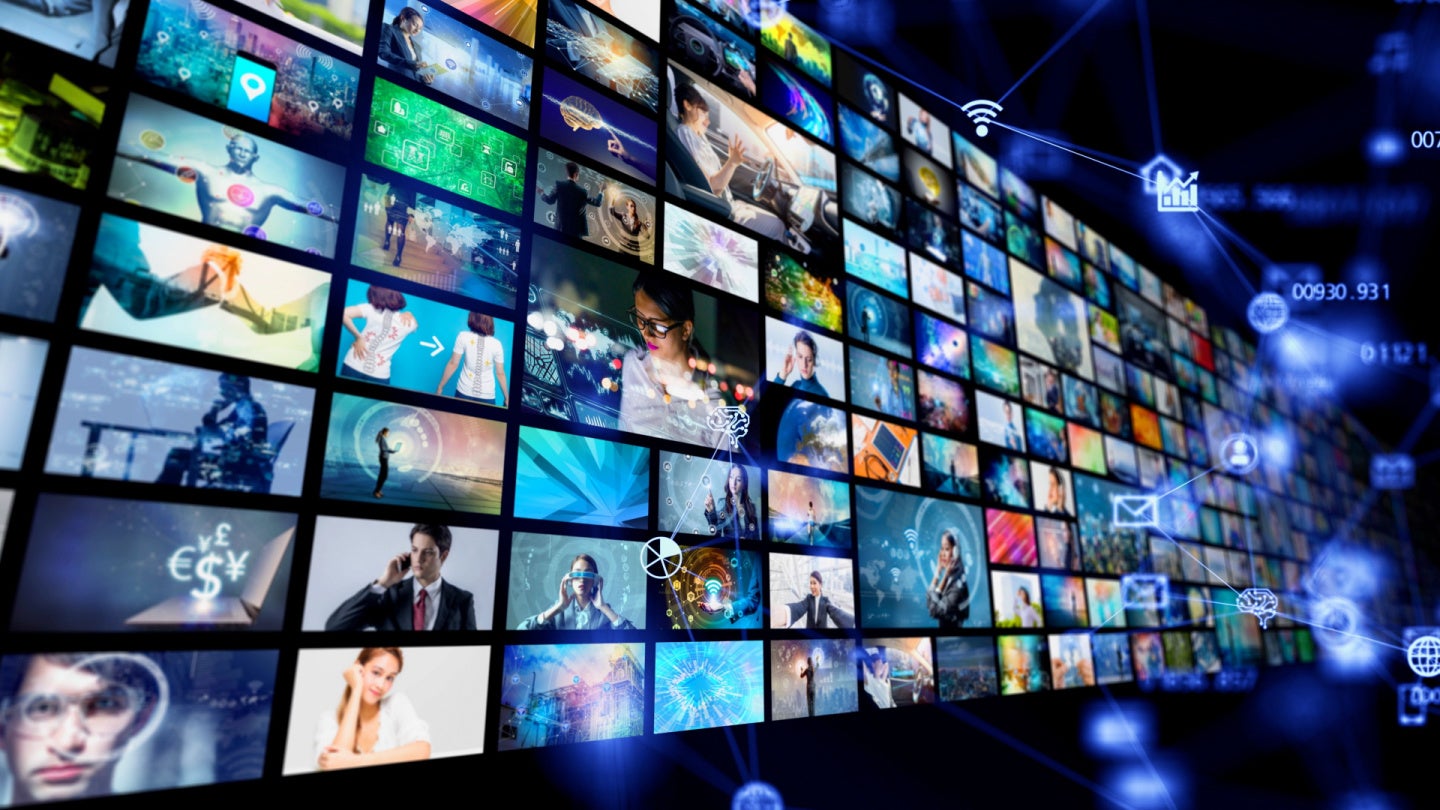
Artificial intelligence (AI) is increasingly used in video streaming for several key functions, including content production, marketing, metadata mining, video delivery, and consumer analysis.
Streaming platforms like Netflix and YouTube employ AI to suggest content based on users’ viewing history and similarities with other users. It also aids in content moderation by detecting and removing unfit content, thereby safeguarding users against hate speech, violence, and misinformation.
While the use of AI in video streaming will only grow in the coming years, there will be hurdles to overcome to ensure ethical application and consumer satisfaction.
AI is used in the recommendation engines of video streaming platforms
The use of AI extends to video analysis and the development of strong recommendation engines. Plex, for instance, utilizes AI to extract information (e.g., visual attributes and scene identification) to develop metadata for each video item in a user’s library. It assists in generating descriptions and tags for videos, while also identifying actors, directors, genres, and other details, making users’ content search easy.
Furthermore, through content analysis, the algorithm identifies patterns, similarities, and relationships among different content, enabling recommendations. For example, if a user frequently watches action movies, the AI can identify similar titles or suggest content from the service’s library.
Content-aware encoding and generative AI are the growing areas of focus
A growing application of AI in video streaming is ‘content-aware encoding.’ It is employed to discern the type of content being streamed and subsequently calculate the bitrate to optimize bandwidth usage without compromising quality. This process enhances image quality while reducing data storage and transfer costs. Users benefit from reduced buffering times and consistent image quality across various video streaming devices.
How well do you really know your competitors?
Access the most comprehensive Company Profiles on the market, powered by GlobalData. Save hours of research. Gain competitive edge.

Thank you!
Your download email will arrive shortly
Not ready to buy yet? Download a free sample
We are confident about the unique quality of our Company Profiles. However, we want you to make the most beneficial decision for your business, so we offer a free sample that you can download by submitting the below form
By GlobalDataAdditionally, on the horizon is generative AI that can benefit the video streaming industry. Film and TV studios can use generative AI to save time and resources by automating some video production processes. They can use generative AI to expedite post-production editing tasks, using new AI-powered interfaces for adjusting and enhancing scene elements like lighting and color.
Its algorithms can also analyse existing video content and generate new, realistic video sequences or scenes. This capability can be used by streaming platforms to automatically create personalized content recommendations, trailers, or promotional clips tailored to individual users based on their viewing preferences and behaviour.
With its expanding capabilities that encompass natural language processing, generative AI could drive more personalized experiences on video streaming platforms in the future. This will help the platforms to mitigate churn and boost revenues.
Video streaming companies must also be aware of the downsides
While AI offers various benefits to video streaming platforms, there are also downsides and challenges. AI-generated videos can exhibit inconsistencies and biases based on the data it is trained on, inadvertently infringe copyrights or intellectual property rights, and raise environmental concerns due to the high computational needs of generative AI models. These can impact the user experience and compel limited use of AI by streaming platforms.
Furthermore, these models require access to vast amounts of user data, including behaviour and preferences, to generate personalised recommendations or content.
This will raise concerns about privacy and data protection, as user data could be collected, stored, and potentially used for other purposes without explicit consent. Streaming platforms must prioritise data privacy and establish transparent policies stay positive in the eyes of their users as well as regulators.









Related Company Profiles
Netflix Inc